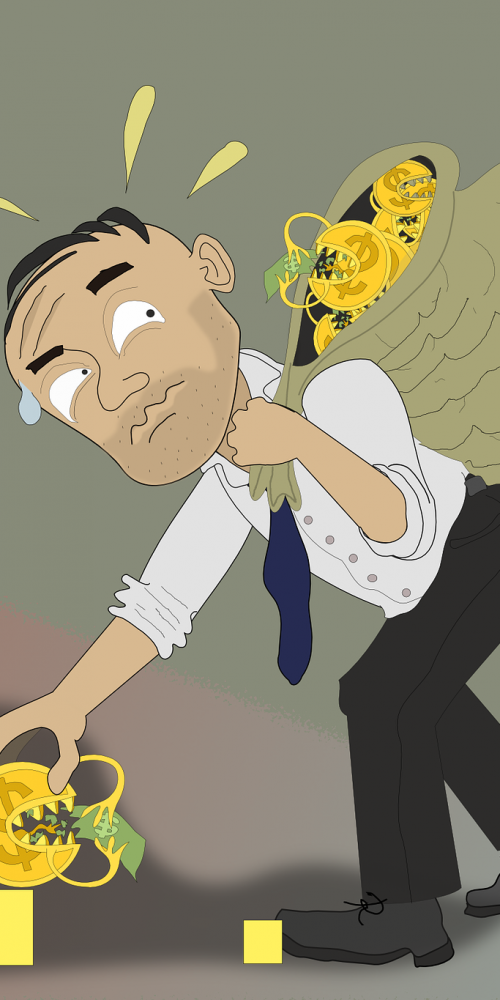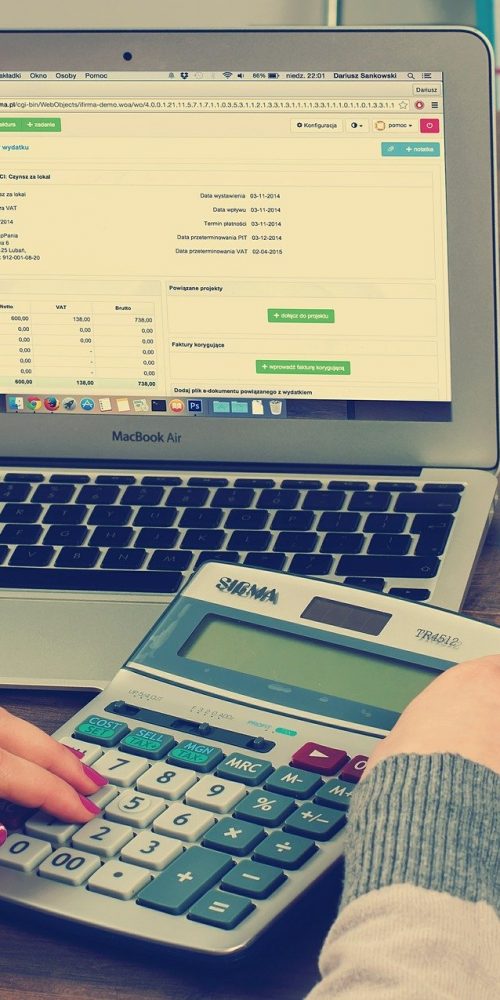 If you’ve never encountered Continuous Payment Authorities (CPAs), you are not alone. Many people mistakenly equate regular deductions from their bank account with a direct debit or a standing order. This prevalent misunderstanding can lead to confusion regarding your financial management. Understanding the nuances between these payment methods is essential because they each carry distinct characteristics and implications for your financial health. Our experts at Debt Consolidation Loans are ready to assist you in navigating this often confusing financial landscape, offering insights into how CPAs function and their effects on your budgeting.
If you’ve never encountered Continuous Payment Authorities (CPAs), you are not alone. Many people mistakenly equate regular deductions from their bank account with a direct debit or a standing order. This prevalent misunderstanding can lead to confusion regarding your financial management. Understanding the nuances between these payment methods is essential because they each carry distinct characteristics and implications for your financial health. Our experts at Debt Consolidation Loans are ready to assist you in navigating this often confusing financial landscape, offering insights into how CPAs function and their effects on your budgeting.
While Continuous Payment Authorities may appear similar to direct debits, they are fundamentally different in one key aspect: they lack the protective guarantees that direct debits provide. This absence of protection means that companies authorized to withdraw funds can take money from your account at any time and for any amount they deem necessary. This flexibility can exert unexpected financial pressure on consumers, especially if they are not closely monitoring their accounts. Grasping this crucial difference is vital to maintaining control over your finances and preventing any unwelcome surprises in your bank account.
In contrast, the direct debit guarantee offers significant consumer protection, stipulating that payments can only be processed on or around a specified date for an agreed-upon amount. This arrangement is formalized through a written contract signed by both parties, ensuring transparency and security in the transaction. However, many Continuous Payment Authorities operate without such formal agreements, which can leave consumers vulnerable to unforeseen charges and financial hardships. Recognizing these differences is crucial for making well-informed decisions regarding your payment methods.
Understand and Navigate Continuous Payment Authorities for Enhanced Financial Security
Identifying a Continuous Payment Authority can often be straightforward. For instance, if you come across a recurring charge on your credit card statement, it is likely a CPA, as direct debits and standing orders cannot be established using credit cards. Additionally, while initiating a direct debit only requires your bank’s sort code and account number, if a business requests your complete card number, they are likely setting up a CPA. Staying vigilant about how your payments are initiated can significantly enhance your financial management skills.
You hold the right to cancel a Continuous Payment Authority by informing the respective company or your bank. When you request your bank to terminate a CPA, they are legally required to comply, ensuring that no further payments will be processed. This action is critical for protecting your finances and preventing any unauthorized withdrawals from disrupting your budget. Being proactive in managing your CPAs can empower you to maintain control over your financial obligations and commitments.
Many businesses adopt Continuous Payment Authorities for their convenience, including fitness centers, online services like Amazon for their Prime and Instant Video offerings, as well as various payday loan providers. If you determine that you need to cancel a CPA through your bank, it’s equally vital to inform the company involved. If you are bound by a contract, make sure to explore alternative payment options to avoid any service interruptions, especially if the contract remains active. A thorough approach will help you sidestep potential complications.
Explore More Insightful Articles That Our Readers Appreciate:
 The Death of Cash in Modern Times
The Death of Cash in Modern Times
The Death of Cash in Modern Times
 Furlough Rights Explained: Know Your Entitlements
Furlough Rights Explained: Know Your Entitlements
Furlough Rights Explained: Know Your Entitlements
 Debt Among Pensioners: Understanding the Challenges
Debt Among Pensioners: Understanding the Challenges
Debt Among Pensioners: Understanding the Challenges
 UK Debt Statistics: Will You Be Impacted?
UK Debt Statistics: Will You Be Impacted?
UK Debt Statistics: Will You Be Impacted?
 Helping Vulnerable Children: Marks and Spencer’s New Initiative
Helping Vulnerable Children: Marks and Spencer’s New Initiative
Helping Vulnerable Children: Marks and Spencer’s New Initiative
 <a class=”ent
<a class=”ent
The Article Continuous Payment Authorities: Essential Insights Unveiled Was Found On https://limitsofstrategy.com



